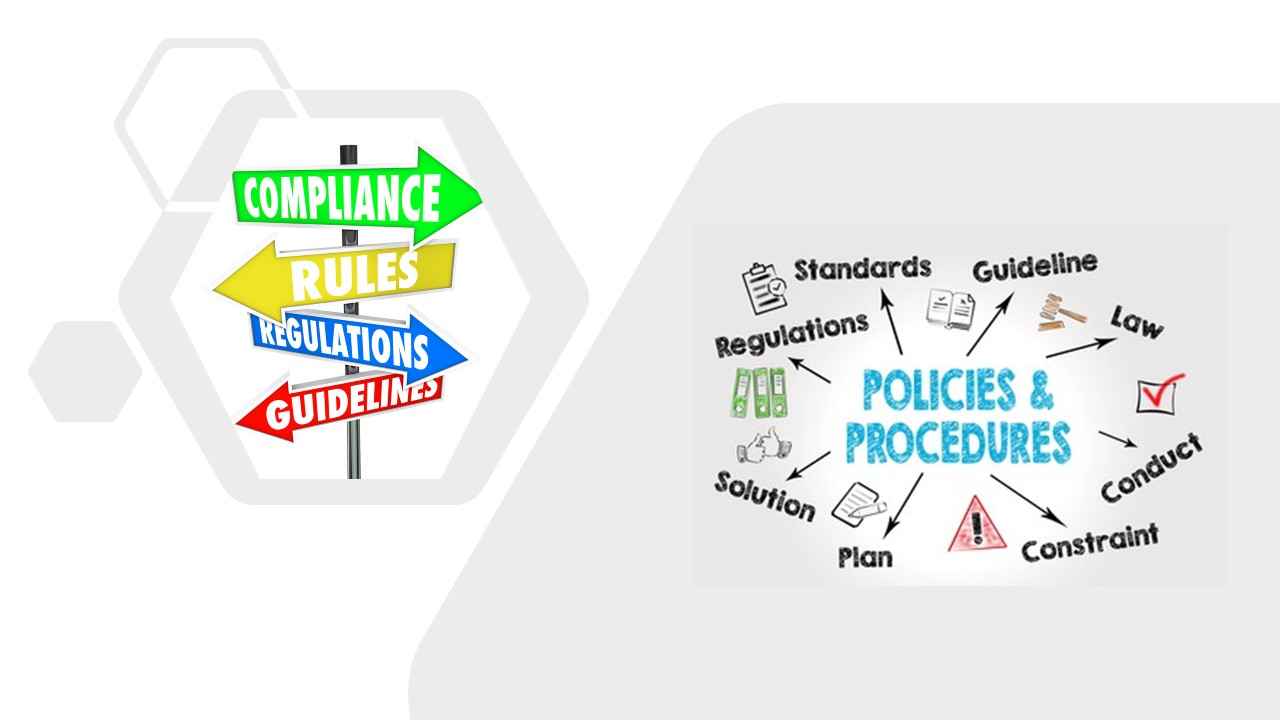The Role of Government Policies in the International Construction Industry
- By
- Pooja |
- December 27, 2023 |
- Civil Engineering, Construction,

Table of Contents
Regulatory and Legal Frameworks:
Innovation and Technology Policies:
The international construction industry operates within a complex web of governmental policies, regulations, and frameworks that significantly impact its operations, growth, and sustainability. Governments play a pivotal role in shaping the construction sector through various economic, environmental, social, and legal policies. These policies aim to facilitate development, ensure safety standards, promote sustainability, and foster innovation within the industry.
Economic Policies:
Government policies greatly influence the economic landscape of the international construction industry. Fiscal policies, such as tax incentives, subsidies, and infrastructure spending, can stimulate construction activity. For instance, investments in public infrastructure projects like roads, bridges, and utilities create demand for construction services, driving economic growth and job creation.
Moreover, monetary policies, including interest rates and lending regulations, significantly impact construction by influencing borrowing costs and investment decisions. Lower interest rates encourage borrowing for construction projects, leading to increased construction activity and investment. Conversely, stringent lending regulations might hinder access to financing and consequently slow down construction growth.
Regulatory and Legal Frameworks:
Government regulations and legal frameworks are crucial in ensuring the safety, quality, and compliance standards within the international construction industry. Building codes, zoning laws, and construction permits set by governments establish the parameters for construction projects. These regulations aim to ensure structural integrity, safety measures, and environmental sustainability.
Additionally, labour laws and regulations governing wages, working conditions, and worker safety have a substantial impact on the construction sector. Governments often enforce labour standards to protect workers' rights, ensuring fair wages and safe working environments. Compliance with these regulations impacts project timelines, costs, and overall industry practices.
Environmental Policies:
Environmental concerns have led governments to enact policies that promote sustainability and eco-friendly practices within the construction industry. Regulations focusing on energy efficiency, waste management, and carbon emissions reduction aim to minimize the environmental footprint of construction projects. Governments incentivize green building practices through certifications, tax credits, and subsidies, encouraging using renewable materials and energy-efficient designs.
Read More:
Social Policies:
Social policies are integral in addressing social issues and promoting inclusivity within the construction industry. Governments often implement policies to encourage diversity, equal opportunity employment, and inclusion initiatives. Such policies aim to ensure fair representation and access to opportunities for marginalized groups within the construction workforce.
International Trade Policies:
Global construction projects often involve cross-border activities, necessitating considerations of international trade policies and agreements. Governments negotiate trade agreements impacting the import and export of construction materials, labour mobility, and investment regulations. Tariffs, trade barriers, and procurement regulations can significantly influence the cost and availability of construction resources, impacting project feasibility and costs.
Innovation and Technology Policies:
Governments often encourage innovation and technological advancements within the construction industry through research grants, subsidies, and policies favouring technological adoption. Initiatives promoting Building Information Modeling (BIM), automation, and sustainable construction methods help drive industry innovation, efficiency, and productivity.
Challenges and Opportunities:
While government policies aim to foster growth and sustainability, challenges persist. Inconsistencies in regulatory frameworks across regions can hinder international construction projects, causing delays and increased costs. Moreover, excessive bureaucracy and red tape in obtaining permits and approvals can slow down project timelines.
However, well-designed government policies present opportunities for the construction industry. Incentivizing sustainable practices can lead to cost savings, improved environmental outcomes, and enhanced industry reputation. Additionally, supportive policies promoting innovation and technology adoption can drive efficiency gains and improve project delivery.
In conclusion, government policies are instrumental in shaping the international construction industry. Effective policies that balance economic growth, environmental sustainability, social inclusion, and innovation can foster a thriving and resilient construction sector on a global scale. Collaboration between governments, industry stakeholders, and international organizations is essential to navigate challenges and capitalize on opportunities for sustainable development within the construction industry.
Please feel free to like, share and comment.
Admin, gcelab.com Please see our Pillar Post to know why we founded gcelab.com.
Read More:

Pooja
Founder at gcelab.com, Pooja is an Entrepreneur unlocking human potential. Working in the Principles of Lean Start-up, Pooja believes in Transparency and User Happiness the most. Pooja’s background in teaching gives her a sophisticated grasp on even the most tedious aspect of course building. She is passionate about people who believe that good is not enough.


